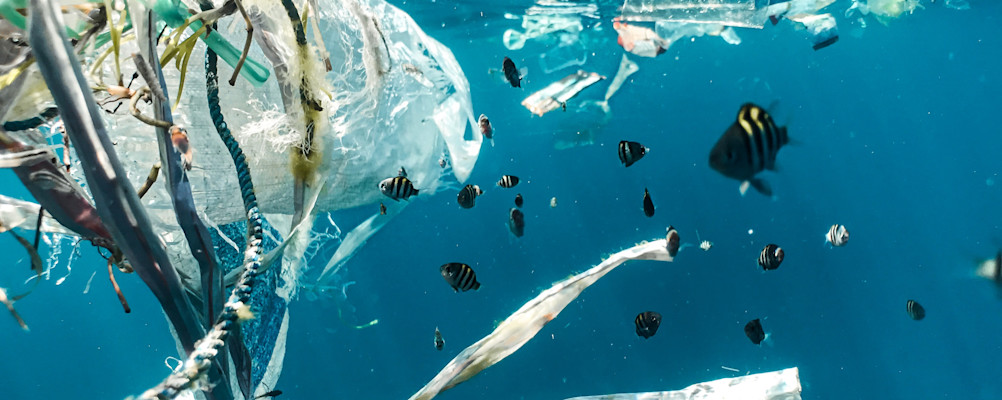AVANS UNIVERSITY OF APPLIED SCIENCES
FROM AWARD TO IMPACT
The transition to sustainable energy and materials, with a low footprint and reduced climate effect (‘circular’ or ‘climate neutral’) are high-level goals on almost all political and official policy agendas. The events of this summer in Europe – forest fires in the south, floods in the north – have highlighted the urgency of the problem.
Industry and science are committed to promoting new and sustainable materials and biobased energy: renewable, regrowth materials and energy with a low footprint and climate impact. The development of these biobased solutions is an important path that we can take towards a carbon-neutral economy. There is considerable interest in biobased alternatives within the business community and society.
The creative industries also want to contribute to this transition. For example, Energy Transition and Sustainability is one of the four thematic focal points within the mission-driven Innovation Policy, which the Creative Industries top sector is a part of. Regarding the material transition, there is a great diversity of contributions and projects from the creative industries. The innovative frontrunners in the design world, particularly fashion and architecture, have embraced the material transition, as evidenced by the many entries and Awards won at, for example, the Dutch Design Week, BAD Awards and WDCD challenges. Methodologies such as design thinking make it possible to integrate the practical, humane, aesthetic, and technological perspective with the sustainability goals in the use of renewable materials.
The challenge
The impact of the catastrophic effects of climate change on our daily lives is increasing. This means that the material transition should also shift into a higher gear. The creative industries can and want to play an important role in this. Their creative expressions and Key Enabling Methodologies (KEMs) offer opportunities to disrupt research and development processes within production chains and to increase the innovative capacity of these chains.
Within this research, an effective use of creative expressions and KEM-supported innovation processes is sought to achieve the necessary acceleration in the application of biobased materials and designs.
RESEARCH GOAL
The aim of this project is to design effective impact pathways for creative interventions based on new insights and unorthodox models from economic sciences. The focus is on interventions aimed at accelerating the sustainable materials transition. With this research, the researchers want to determine whether and how heterodox economic models can be used to develop new pathways together with creative designers, policy makers and stakeholders or to broaden existing pathways to increase the (environmental) impact of biobased solutions.
€73,515 will be used as a PPP programme allowance.


